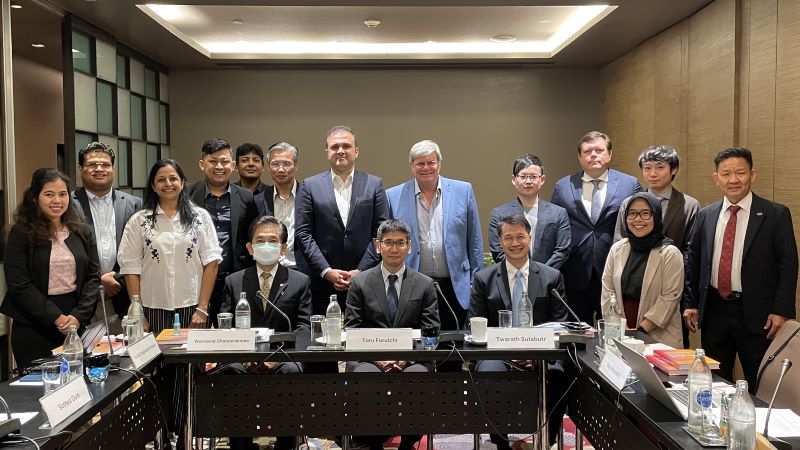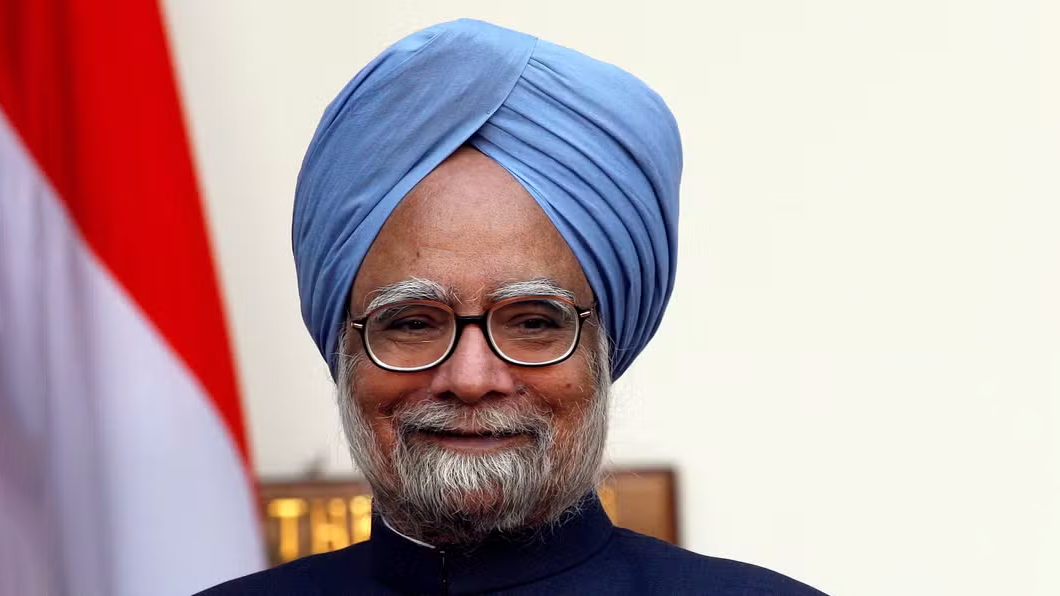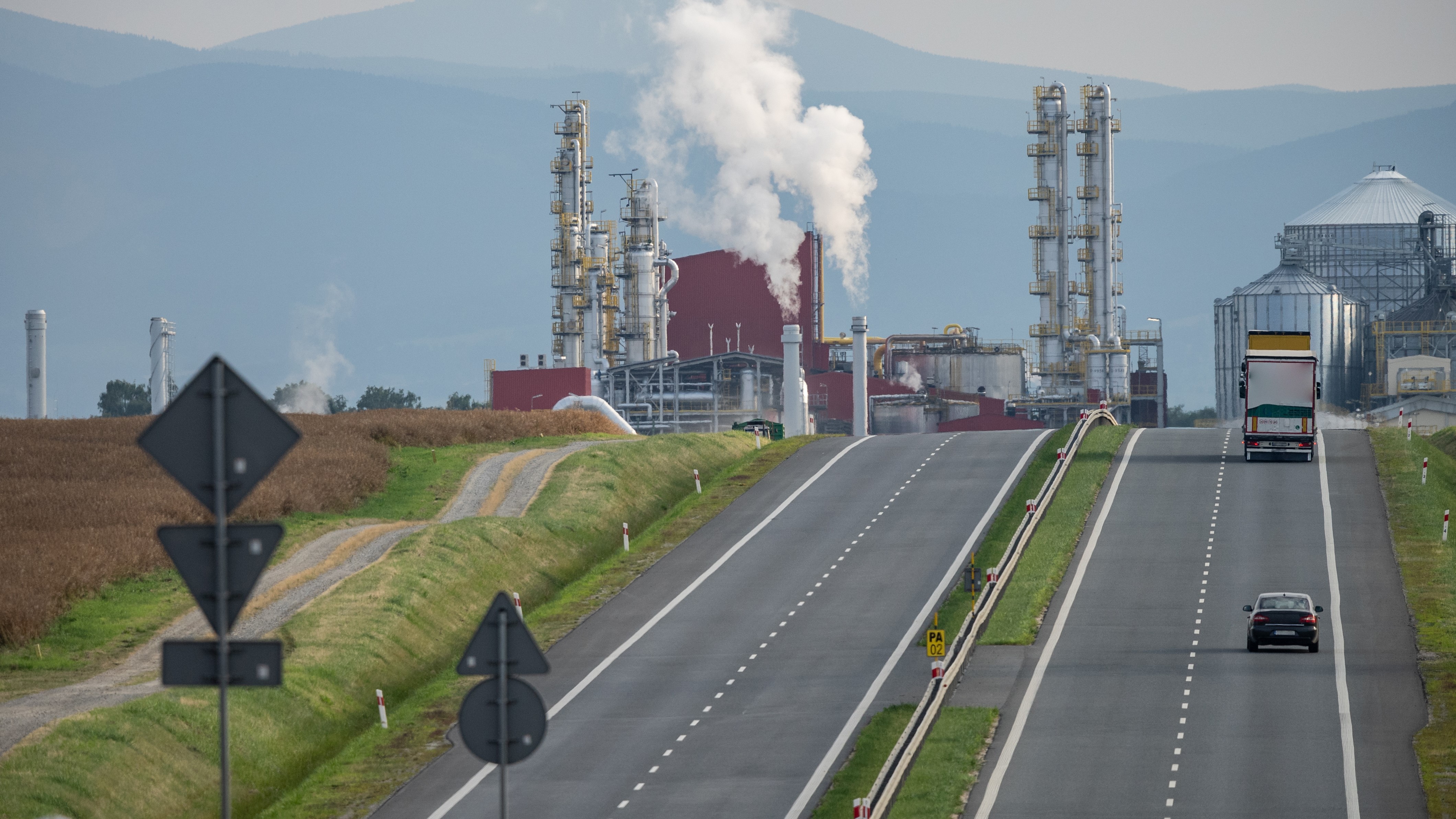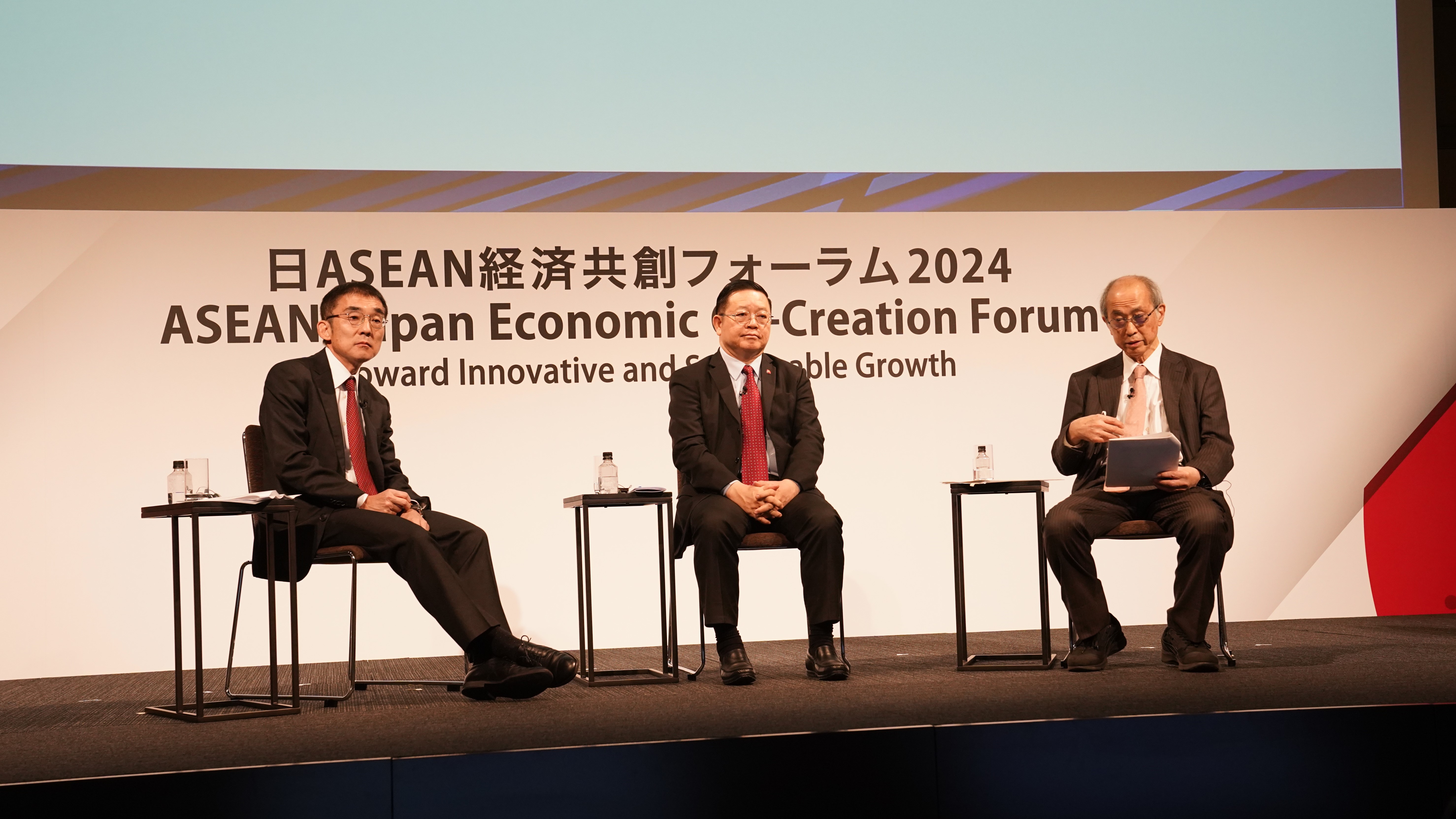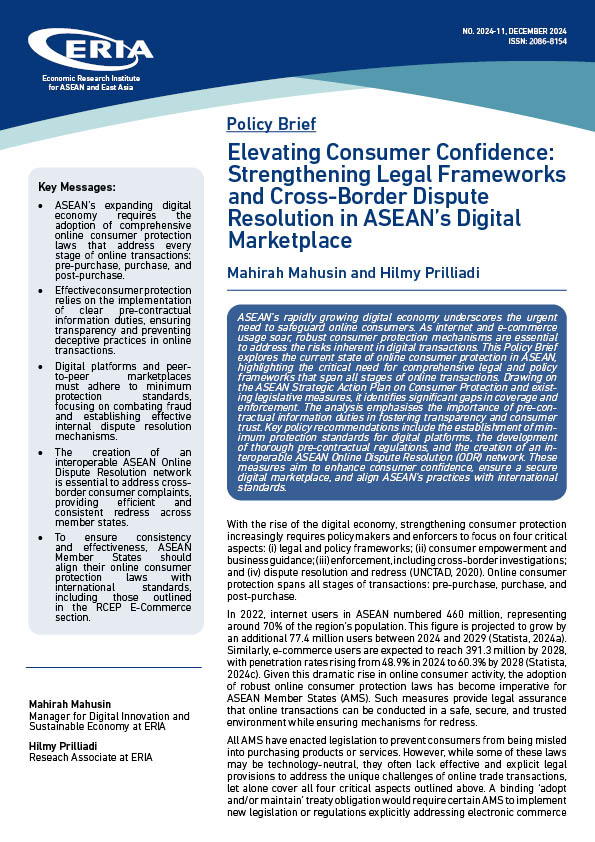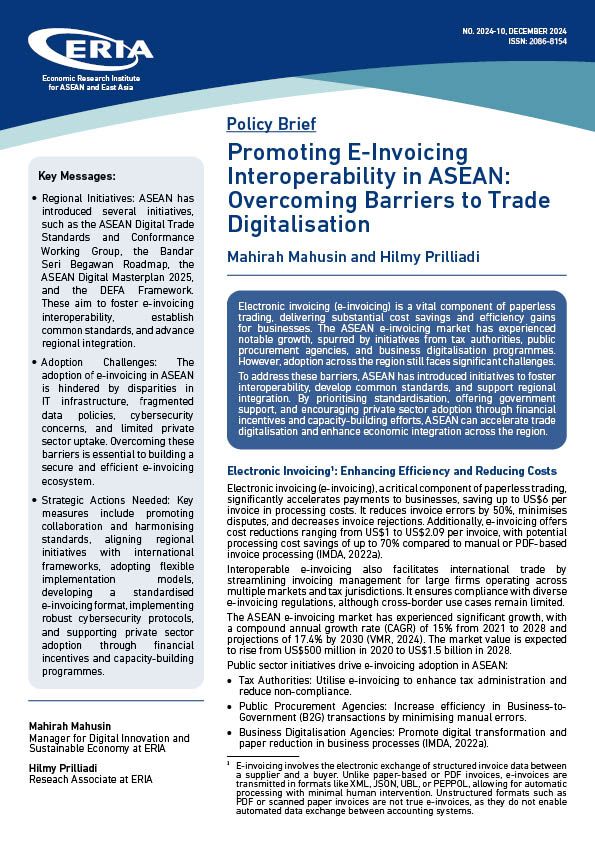Carbon Abatement Best Practices Discussed in Working Group Meeting
Share Article:
Print Article:
Bangkok, 8–9 December 2022: A 2-day working group meeting on carbon capture, utilisation, and storage (CCUS) was held to discuss best practices and policies to promote CCUS development and deployment in the ASEAN and East Asia regions. The Economic Research Institute for ASEAN and East Asia (ERIA) hosted the meeting.
Mr Toru Furuichi, ERIA’s Director General for Research and Policy Design, and Mr Weerawat Chantanakome, Councillor and Advisor at the Ministry of Energy, Thailand, delivered the welcome remarks and the opening remarks.
Dr Han Phoumin, ERIA’s Senior Energy Economist, and Tokai University Associate Prof Farhad Taghizadeh-Hesary delivered speeches that pointed out CCUS’s crucial role in clean energy transition as it is the only technology that directly reduces emissions in the identified economic sectors with high energy intensity and removes carbon dioxide (CO2) to balance unavoidable emissions. Dr Twarath Sutabutr, President of the Office of Knowledge Management and Development, Thailand, reported the current CCUS situation in Thailand and called for more actions to attain carbon neutrality by 2050.
Dr Andri Hardiansyah, Senior Researcher from the Research Centre for Advanced Materials, National Research and Innovation Agency, Indonesia, explained the development of graphene-based materials used for membrane separation in CCUS capturing method. He said this advanced technology, although still limited to laboratory development, would offer low-cost CO2 adsorption. Dr Nobumichi Shinohara, Kyoto University, presented environmental, social, and governance value assessment methods to promote CCUS policies. Dr Wasim Ahmad, Associate Professor, Indian Institute of Technology, Kanpur, India, discussed the role of CCUS-linked start-ups in global CCUS development and readiness by using quantitative analysis to provide policy support to CCUS development. Prof Taghizadeh-Hesary shared a different perspective, with China as case study, on the role of CCUS in green total factor productivity (GTFP). He said that based on quantitative analysis, CCUS technological innovation could significantly promote GTFP, especially in regions with higher GTFP levels. Dr Sangeeta Sharma, Executive Director of the National Ecology and Environment Foundation, India, explained her study on India’s policies and strategies for CCUS implementation. Presenting a nature-based carbon capture perspective, Dr Nophea Sasaki, Professor, Asian Institute of Technology, discussed the role of forest management and Industry 4.0 in carbon sink management. Ms Citra Endah Nur Setyawati, ERIA’s Research Associate, closed the first-day session by presenting an energy justice perspective in the deployment of CCUS for future ASEAN decarbonisation.
The second day of workshop discussed the standpoints of the participating countries in CCUS deployment, financial mechanism, challenges, and plans. Prof Sothea Oum of the Centre for Strategy and Innovation Policy, National University of Management, Cambodia, presented Cambodia’s CCUS policy recommendations and proposed the inclusion of CCUS in Cambodia’s industrial sector as one of long-term strategies for carbon neutrality. Dr Anupam Dutta, from the University of Vaasa, Finland, presented his study on carbon pricing and CCUS, using data from China. Dr Weerawat and Dr Twarath explained Thailand’s CCUS policy and practices and its inclusion in the Thailand Green Growth Roadmap 2025–2065. Mr David Havyatt, from Wollongong University, described CCUS’s political economy from technological, market, environmental, and social perspectives. Ms Dian Lutfiana, ERIA’s Research Associate, discussed the opportunities to scale up CCUS to a wider market by analysing its financial, policy framework, technological, and cooperation barriers.
